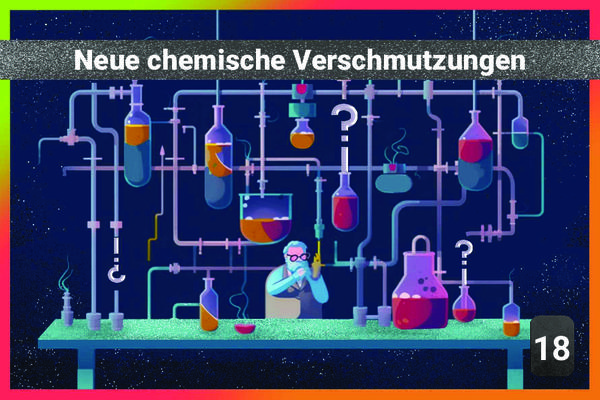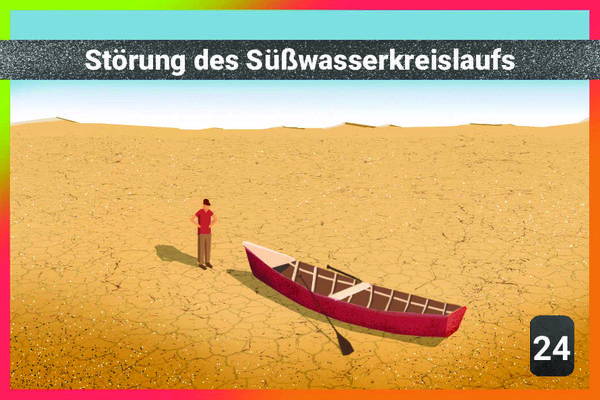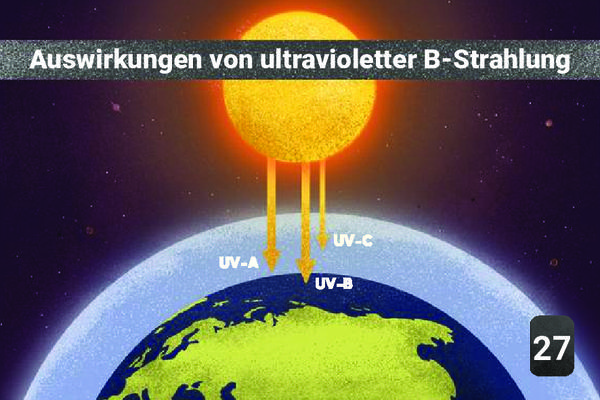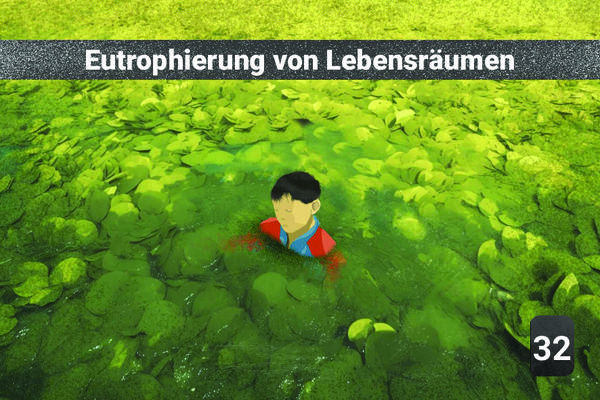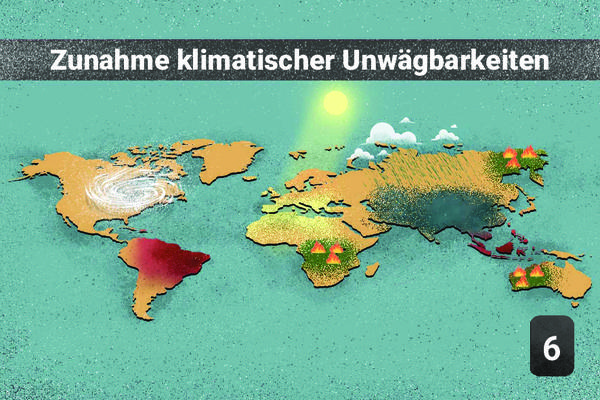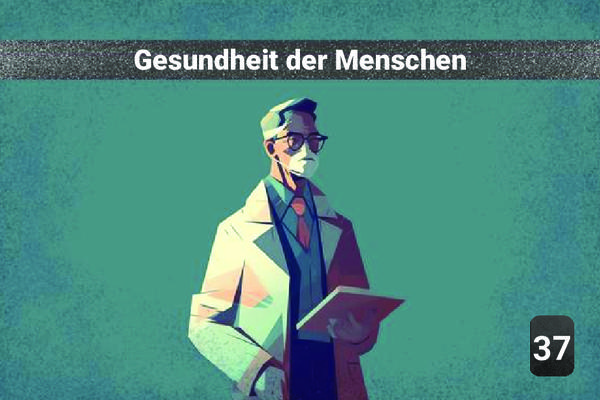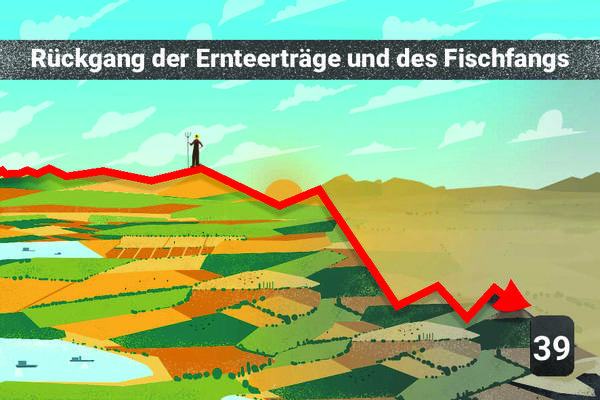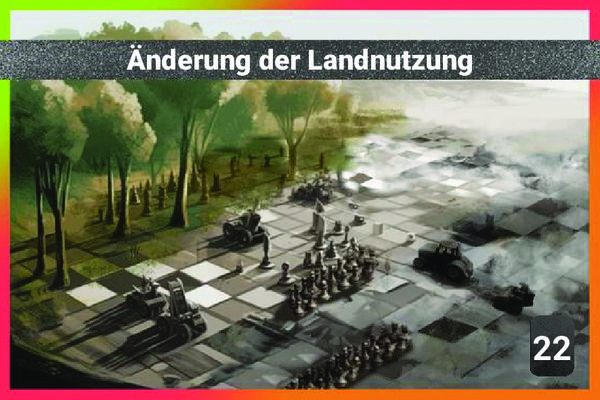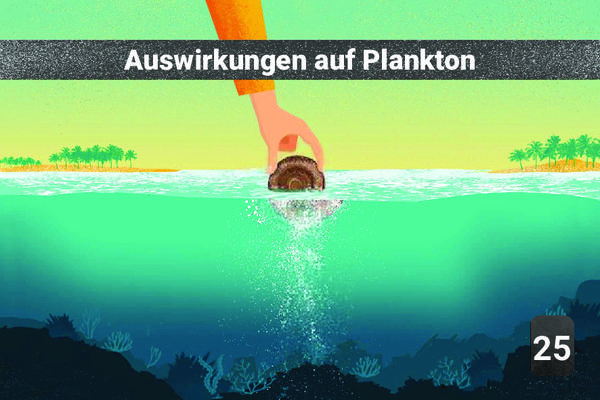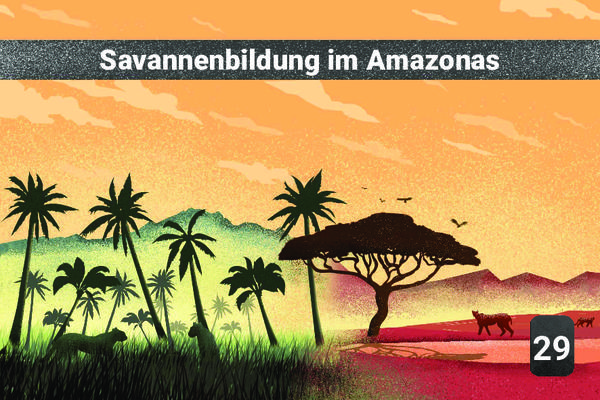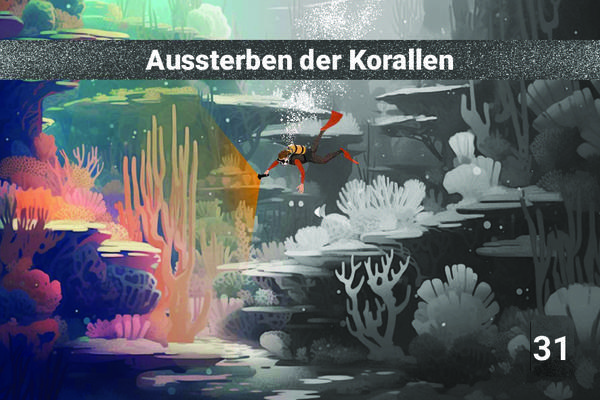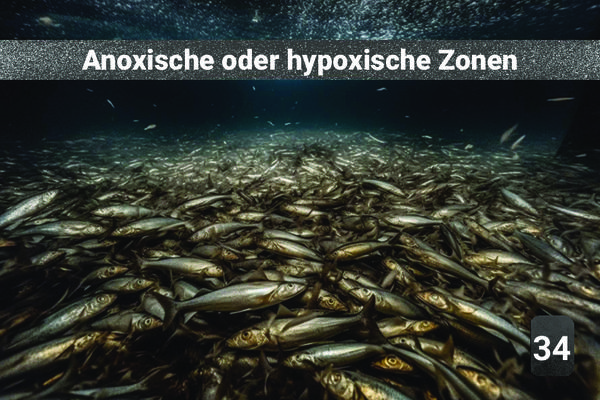33 - Weakening of services provided by nature
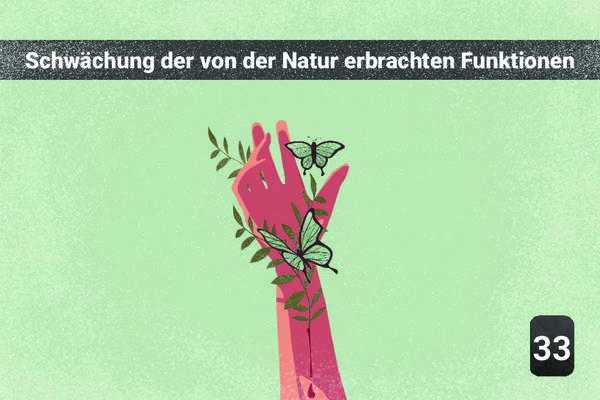
✏️ Diese Erklärung ist in deiner Sprache noch nicht verfügbar, Hier klicken um deine Übersetzung vorzuschlagen oder schreibe eine E-Mail an fdn.memo@marc-antoinea.fr.
6Ursachen
500,000 tonnes of microplastics are dumped into the oceans each year. A majority of these microparticles come from the washing of synthetic textiles (60% of the composition of our clothes). This pollution, which is increasing sharply, affects “at least 267 species, including 86% of sea turtles, 44% of seabirds and 43% of marine mammals. »
“Less abundant and/or unhealthy biodiversity affects the effectiveness of the services provided by nature. The services provided by nature are innumerable and essential to human life (pollination, creation of arable soil, water purification, regulation of material and energy flows, etc.). "
Variations in either river flow or soil moisture profoundly alter the conditions under which ecosystems function and the services they can provide.
Ultraviolet rays disrupt the cell divisions of aquatic microorganisms, which has serious consequences for life at the poles.
Eutrophication has an impact on ecosystem services, disrupting the equilibrium of aquatic ecosystems - particularly lakes, rivers and coastal zones - due to an excess of nutrients, mainly nitrogen and phosphorus. These nutrients, often derived from agricultural fertilizers, wastewater or industrial discharges, lead to a series of consequences that affect the benefits these ecosystems provide to humans. Here's an example via the degradation of water quality: algal blooms, sometimes toxic (e.g.: cyanobacteria), make water unfit for consumption, irrigation or recreation (swimming, tourism). This affects regulatory services (water purification) and cultural services (recreational or aesthetic value).
Climatic hazards can undermine the effectiveness of certain ecosystem services (megafires which destroy biodiversity habitats and which reduce the capacity to absorb CO2, floods which add salt water to groundwater).
2Auswirkungen
Many medicines are extracted from living organisms. A reduction in this ecosystem service could have impacts on the treatment of certain diseases.
“A decline in pollinating insects can impact agricultural yields (75% of global food production depends on pollinating insects). A decline in corals and plankton can impact fishery resources (fish, crustaceans, molluscs). In Asia, more than a billion people depend on fishing as their primary food resource (animal protein), particularly in low-income countries.
5Andere möglichen Ursachen
Fewer forests mean less regulation of the CO2 level in the atmosphere (less carbon storage, and less O2 production in return).
Plankton are at the base of the marine food chain. Fewer plankton means fewer (or smaller) fish.
The ecosystem services at stake here include the storage of CO2 in trees, the loss of biodiversity, climate regulation, pharmacopoeia.
25% of marine biodiversity depends on coral reefs. Fewer corals mean fewer fisheries resources.
In January 2018, the international working group “Global ocean oxygen network” indicated in the journal Science that the proportion of high seas areas devoid of all oxygen has more than quadrupled in 50 years (150 to 450 dead zones identified). Low oxygenated sites located near the coasts (including estuaries) have increased tenfold since 1950. These areas have increasingly significant impacts on fishing and ecosystems. Fish can escape from these areas (but rapid loss of consciousness possible). On the other hand, molluscs and crustaceans have too low a movement speed and die quickly.

